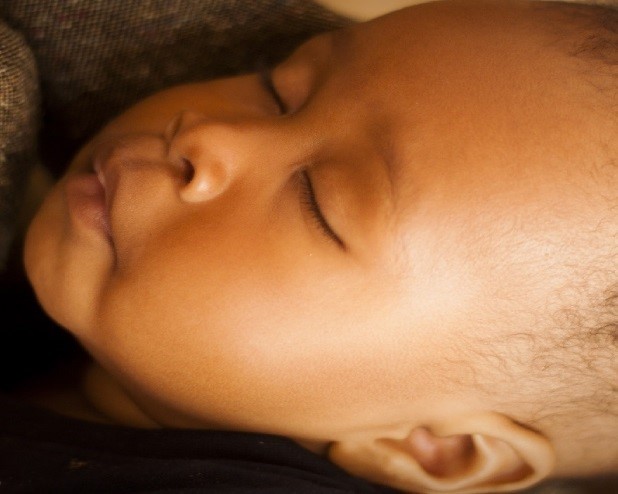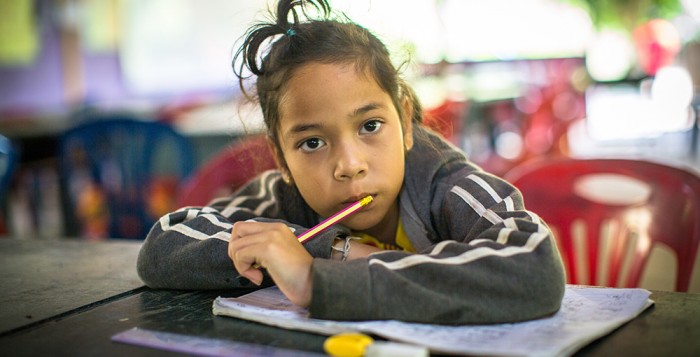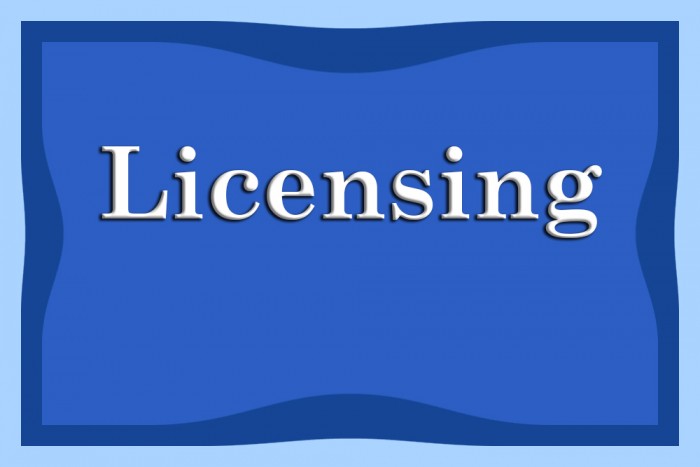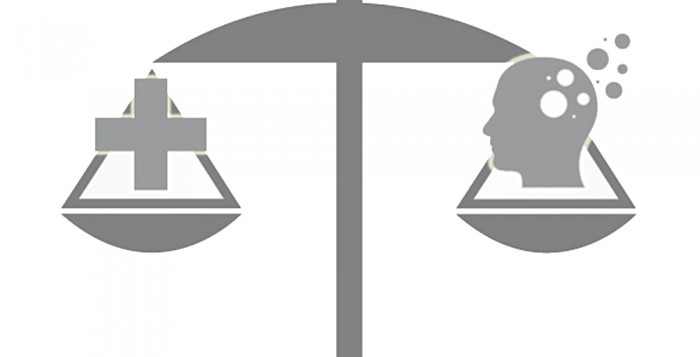The Commonwealth of Pennsylvania is seeking information regarding the needs of diagnosed infants with Neonatal Abstinence Syndrome (NAS), and their families, after discharge from the hospital. For information about the incidence of NAS around the commonwealth, please see the attached report. Around the country, there are a few facilities referred to as Residential Pediatric Recovery Centers, that serve as a step-down for babies diagnosed with NAS from the neonatal intensive care unit (NICU) or hospital prior to going home.
For information about some of these examples, please see:
- Lily’s Place: https://lilysplace.org/
- Brigid’s Path: https://brigidspath.org/
- Jacob’s Hope: https://jacobshopeaz.org/
- PICC: https://www.picc.net/
- Haven Mother’s House: https://www.artstreatment.com/our-services/women-s-residential/
For information about Residential Pediatric Recovery Centers generally, please see Section 1007 of the federal SUPPORT Act, accessible at: https://www.congress.gov/bill/115th-congress/house-bill/6/text. Please also see the CMS Informational Bulletin on the topic, accessible at: https://www.medicaid.gov/sites/default/files/Federal-Policy-Guidance/Downloads/cib072619-1007.pdf
While each model of residential pediatric recovery center is unique, they each provide 24/7 medical, nursing, and pharmacological services for infants diagnosed with NAS in a sub-acute setting. Most of these facilities allow mothers, and in some cases, fathers, to live in the same room as their baby. While there is only one facility that directly provide substance use disorder (SUD) treatment services for mothers, several of the RPRCs around the country connect mothers to treatment and arrange for their participation in outpatient programs provided by licensed drug and alcohol treatment facilities. Each RPRC provides case management that allows families to receive all necessary psychosocial supports to promote family unity. The purpose of this survey is to gather information on how to best meet the needs of babies and mothers as Pennsylvania looks to implement Section 1007 of the SUPPORT Act in the Commonwealth.
Please consider taking a few moments to respond to this survey: https://www.surveymonkey.com/r/DG3XW7J. Your response will help inform the Commonwealth’s approach to implementation of Section 1007 of the federal SUPPORT Act, which allows for Medicaid coverage of residential pediatric recovery center services.
Thank you for your participation. Please find the 2018 NAS Report here.

















